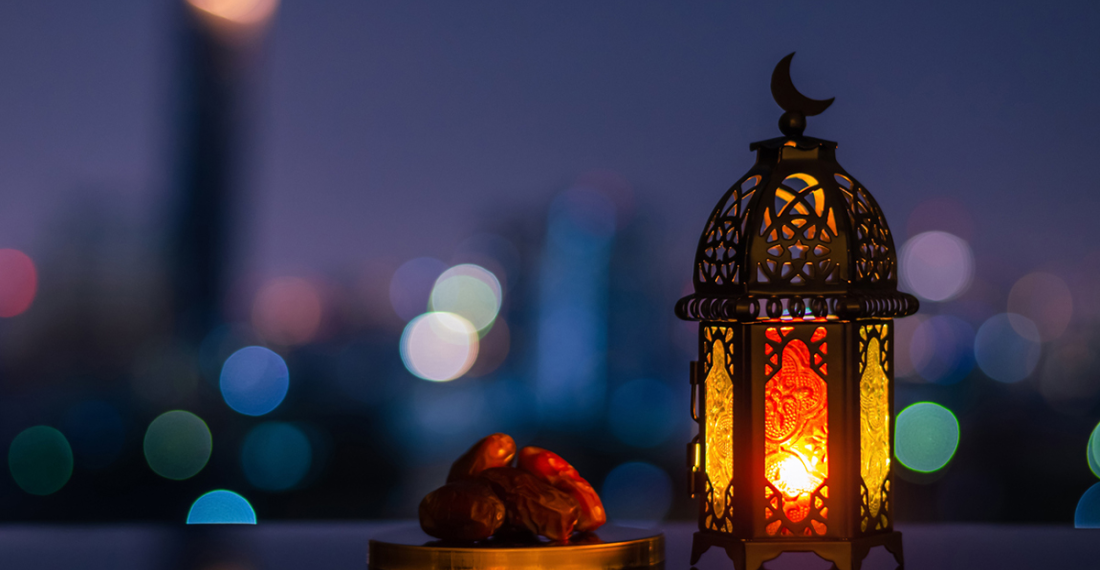Muslims around the world are welcoming in the start of the holy month of Ramadan on Wednesday and Thursday (22 and 23 March).
Muslims believe that Ramadan is the month in which the first verses of the Quran were revealed to the Prophet Muhammad more than 1,400 years ago. Throughout the month, observing Muslims fast from just before the sunrise prayer, Fajr, to the sunset prayer, Maghrib. The fast entails abstaining from eating, drinking, smoking, and sexual relations to achieve greater "taqwa", or consciousness of God.
Some people are however exempt from observing Ramadan, including children who have not yet reached puberty, the young or elderly who are not physically or mentally capable of fasting, as well as pregnant women, breastfeeding mothers, and travellers.
The start of Ramadan depends on when the new crescent moon is sighted. Among the Muslim-majority countries who have announced today (22 March) as the start of Ramadan are Indonesia, India, Afghanistan, Pakistan, Iran, Oman, Jordan, Algeria and Morocco.
Most Gulf countries have however announced tomorrow (23 March) as the start of Ramadan, including Saudi Arabia, Yemen, UAE, Bahrain, and Kuwait, as well as Turkey, Tunisia, Libya and Egypt.
The holy month of Ramadan starts 10 to 12 days earlier each year because the Islamic calendar is based on the lunar Hijri calendar with months that are 29 or 30 days long. This year, depending on where you are in the world, the daylight fast will last from between 12 and 18 hours, with Muslims in far northern communities in Greenland, Iceland, Scandinavia and Finland having the longest fasts.
In extreme northernmost cities, however, such as Longyearbyen in Norway, where the sun does not set from 20 April to 22 August, religious rulings have been issued to follow timings in Mecca, Saudi Arabia, or the nearest Muslim country.
At the end of Ramadan, Muslims celebrate Eid al-Fitr. In Arabic, it means "festival of breaking the fast". Depending on the new moon sighting, Eid al-Fitr this year is likely to fall on 21 April.
On the occasion of the start of the Muslim holy month of Ramadan the editorial team of commonspace.eu extends its best wishes to all our Muslim readers, subscribers and contributors across the world. Ramadan Mubarak!






